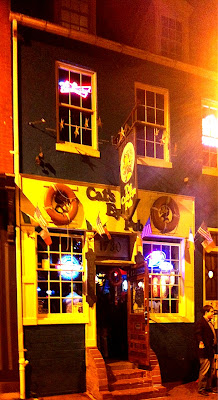Ecological footprinting is a tool developed by the Global Footprint Network that measures how much land and water is needed to produce the resources we consume, and to absorb the wastes we produce.
For example, for every tonne of fish we consume, we need 25 hectares of fishing grounds; for every cubic metre of timber we need 1.3 hectares of forest.
We need 0.35 hectares of forest to absorb every tonne of carbon dioxide from fossil fuels.
Using this tool helps us to measure sustainability.
We can work out how much ‘bio-productive’ land and sea there is around the world (ie areas capable of providing us with food, fuel or fish, for example) and calculate what a “fair share” for everyone is.
We can then also work out how much different people, countries or businesses consume, and whether or not that is within our “fair share”.
The Earth has about 12 billion hectares of bio-productive land – that’s about 2 hectares for every man, woman and child on Earth. However, the amount of bio-productive land needed to produce what is consumed by an average American citizen every year is about 10 hectares.
In other words, if everyone in the world had the same lifestyle as an average American, the world’s population would need 5 planets-worth of bio-productive land in order to feed, clothe and shelter everyone.
A sustainable lifestyle, or ecological footprint, is therefore one where the rate of consumption can be sustained by 2 hectares of bio-productive land.
In other words, One Planet Living.




















